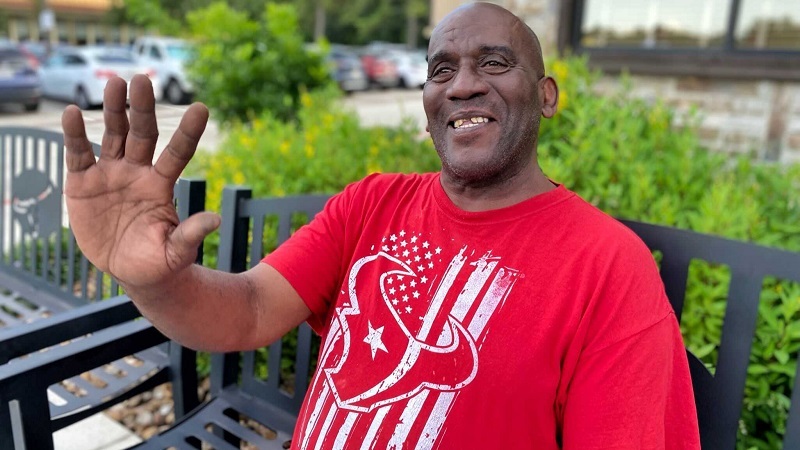Attorney General Ken Paxton has been under fire, largely from the left, for his office's prosecution of a black man who voted in last year's primary election while he still was on parole for a felony conviction.
Harris County Commissioner Rodney Ellis, who represents Precinct One, is among those who are criticizing Paxton's office for its handling of the case against Hervis Rogers.
"The Attorney General’s office did not inform anyone in Hervis Rogers' jurisdiction of his impending arrest," Ellis said in a July 11 Twitter post. "Rogers exercised his civic duty because he thought he could vote. Prosecuting him for voting is blatant voter intimidation."
Ellis' Twitter post linked to a Washington Post article published the previous day that quoted critics who say Rogers' arrest "comes as Texas Republicans try to pass stringent voting restrictions" that are "designed to keep people of color away from the polls."
Rogers made nationwide news and went viral on social media for being the last person in line at Texas Southern University when he cast his vote at 1 a.m. during the Democratic Primaries on Super Tuesday in March of last year, according to NPR's coverage.
More than a year later, Paxton, who asked the Supreme Court to overturn the presidential election so Trump could remain in office despite clearly losing, explained in a Twitter post why he went after Rogers. He also went after NPR's coverage of Rogers' case.
"Hervis is a felon rightly barred from voting under Texas law," Paxton said in his own Twitter post. "This liberal NPR article even says so, but buries it: 'Rogers voted before his parole was scheduled to end, he was likely ineligible to cast a ballot on Election Day.' I prosecute voter fraud everywhere we find it!"
Under Texas law, a convicted felon cannot vote until s/he completes his or her entire sentence.
Rogers was arrested well more than a year after he cast his ballot and a day after the Texas Legislature convened in special session, where the agenda includes the controversial voting rights bill, House Bill 3, and legislation to make it harder to post a cash bail.
Paxton's decision to prosecute again propelled Rogers into national news and in viral social media attention.
The New Republic referred to the 62-year-old Rogers as "the latest scapegoat in this mass delusion" over "Trump’s Big Lie," claiming Rogers "made an honest mistake" when he cast his vote in March while allegedly still on parole for a 1995 burglary.
"It's clear Hervis Rogers believed he was eligible to vote," the Houston Chronicle said in a headline published Wednesday, July 14. "Why is Paxton prosecuting him?"
The American Civil Liberties Union of Texas already had some ideas about that question before the Chronicle asked.
"The arrest and prosecution of Mr. Rogers should alarm all Texans," Andre Segura, legal director of the ACLU of Texas, said in a statement issued Friday, July 9. "He waited in line for over six hours to vote to fulfill what he believed to be his civic duty, and is now locked up on a bail amount that most people could not afford. He faces potentially decades in jail. Our laws should not intimidate people from voting by increasing the risk of prosecution for, at worst, innocent mistakes."
Rogers, who faces up to 40 years in prison for "illegal voting," was released from jail shortly after Segura's statement when The Bail Project paid his $100,000 bail. The ACLU of Texas is continuing to represent Rogers in his case.
"He shouldn't have been arrested and charged in the first place," ACLU of Texas said in a July 10 Twitter post. "We'll keep fighting for him and for our right to vote."

